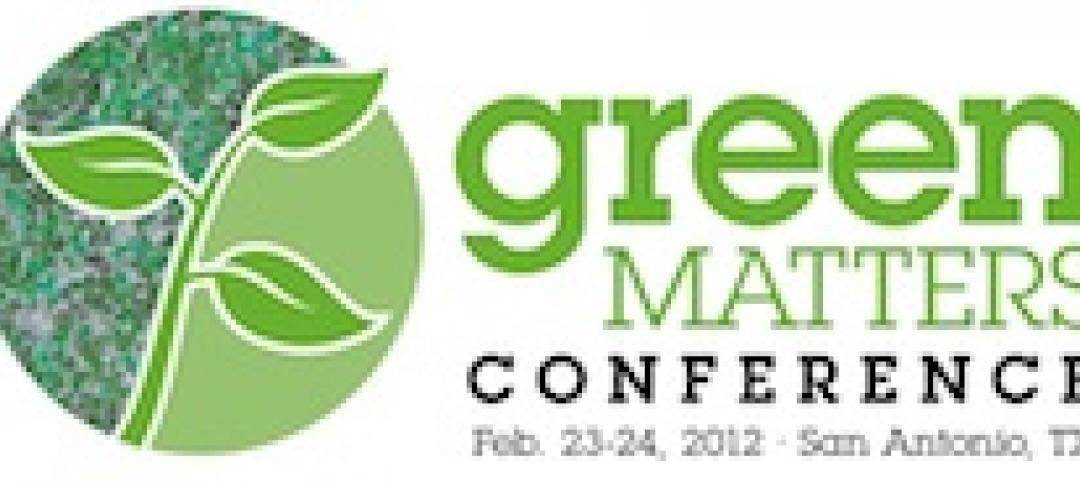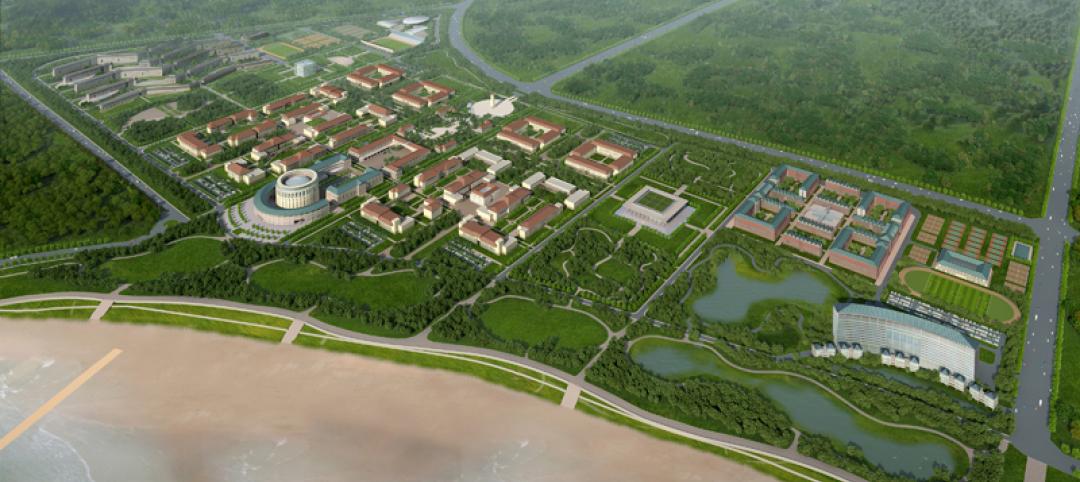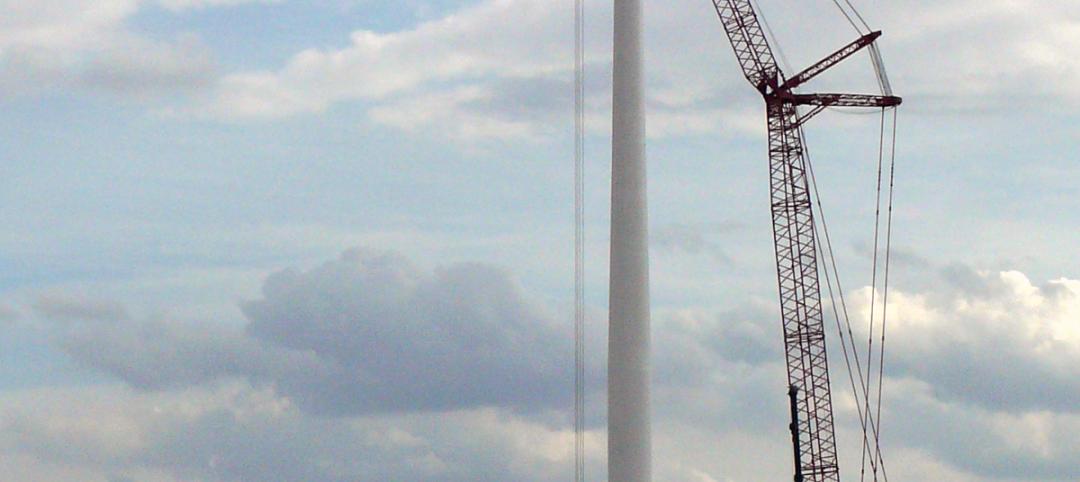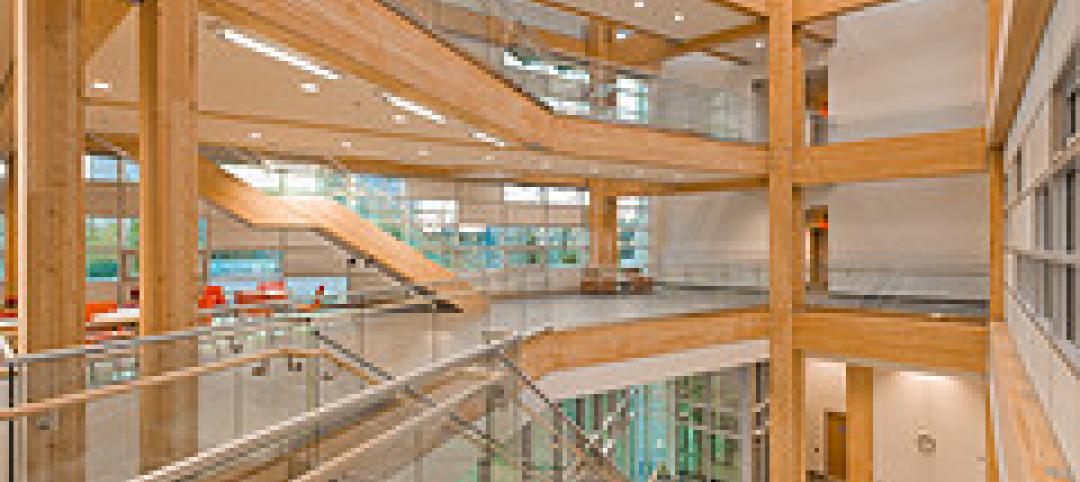The U.S. Green Building Council (USGBC) and the Bank of America Charitable Foundation announced the opening of the application period for the expanded 2014 Affordable Green Neighborhoods Grant Program.
The program, which awards financial and educational resources to developers of affordable housing in North America that are committed to building sustainable communities through the LEED for Neighborhood Development program, is made possible by an $850,000 grant from the Bank of America Charitable Foundation.
This year the program will expand to 14 awardees from 10 in 2012, the most recent year that grants were awarded. Applications will be accepted from now until July 11, 2014.
LEED for Neighborhood Development is a green neighborhood rating system that integrates the principles of smart growth, new urbanism and green building, while benefitting communities by reducing urban sprawl, increasing transportation choices and decreasing automobile dependence, encouraging healthy living, and protecting threatened species.
“Ensuring universal access to healthy and affordable housing for all people is a critical element of our pursuit of a sustainable built environment,” said Rick Fedrizzi, president, CEO and founding chair, USGBC. “Green buildings and neighborhoods are about the people who inhabit them every day, and Bank of America is committed to creating vibrant, walkable and affordable communities that enhance the quality of life for everyone who calls them home.”
“Together, Bank of America and USGBC are bringing to life the best plans in sustainable community development throughout North America,” said Alex Liftman, global environmental executive, Bank of America. “The continued growth of the LEED for Neighborhood Development and the Affordable Green Neighborhood programs showcases how communities can design and build in a way that protects our environment while enhancing economic vitality.”
A review committee of industry leaders will award 14 affordable housing projects in the U.S. and Canada with the following support:
-
Cash award of $25,000 USD to be used to pursue LEED for Neighborhood Development certification
-
Complimentary LEED for Neighborhood Development reference guide
-
Registration for the online LEED for Neighborhood Development webinar series
-
Registration for a LEED for Neighborhood Development educational workshop
-
Waived registration and exam fees for one member of each project team to pursue the LEED Green Associate professional credential
-
Monthly support calls and direct access for technical inquiries
-
One registration for the National Affordable Green Homes & Sustainable Communities Summit during the Greenbuild International Conference and Expo in New Orleans
-
Travel stipend to attend Greenbuild 2014
-
In addition to the award package, three to four projects will be selected to receive a two-day, in-person technical assistance session with a team of USGBC and Green Building Certification Institute (GBCI) staff, valued at $3,000. The in-person meetings provide an opportunity for USGBC and GBCI staff to provide intensive, dedicated assistance to projects pursuing certification. The application form provides interested projects the opportunity to apply for the selective technical assistance sessions.
This is the third round of funding the Bank of America Charitable Foundation has provided for the Affordable Green Neighborhoods Grant Program. The 2014 program has grown to include support for additional projects, in-person technical assistance visits and an expanded focus to include Canadian projects.
Through the previous cycles of the grant program in 2012 and 2010, USGBC has provided assistance to 20 affordable housing redevelopment projects across the country, representing the creation of 8,448 rental units and 2,391 for-sale units. All projects are being designed and built to the highest standards of environmental sustainability and indoor air quality, with the majority reserved for low-income residents.
Applicants for the program will be notified of their status in early September. To learn more about the Affordable Green Neighborhoods Grant Program and/or to apply, visit www.usgbc.org/initiatives/grants/affordable-neighborhoods.
Related Stories
| Nov 22, 2011
New Green Matters Conference examines emerging issues in concrete and sustainability
High-interest topics will be covered in technical seminars, including infrared reflective coatings for heat island mitigation, innovative uses of concrete to provide cooling and stormwater management, environmental benefits of polished concrete, and advancements in functional resilience of architectural concrete.
| Nov 22, 2011
Suffolk Construction selected as contractor for Boston luxury residential tower
Project team breaks ground on 488,000-sf building that will feature world-class amenities.
| Nov 22, 2011
Jones Lang LaSalle completes construction of two new stores in Manhattan
Firm creates new global design standard serving as project manager for Uniglo’s 89,000-sf flagship location and, 64,000-sf store.
| Nov 21, 2011
Mortenson and enXco partnership to build its 19th wind project
The 8,500 acres project will generate140 megawatts of wind power – enough energy to power approximately 39,000 homes.
| Nov 21, 2011
FDH Engineering acquires Energy Solutions
All ESI employees have been merged into FDH’s staff at its St. Louis office.
| Nov 18, 2011
Centre for Interactive Research on Sustainability opens
Designed to exceed LEED Platinum, the Centre for Interactive Research on Sustainability (CIRS) is one of the most innovative and high performance buildings in North America today, demonstrating leading-edge green building design products, technologies, and systems.
| Nov 17, 2011
SmithGroup changes name to SmithGroupJJR
SmithGroup and JJR join brands to become a single, multi-disciplinary company.
| Nov 17, 2011
Campus-wide energy-efficiency program aims to deliver $3.5 million in energy and operational savings
Merced College and Honeywell will use the school’s energy usage statistics to develop a course curriculum on sustainability, and raise awareness among students of the positive impact conservation practices contribute to the community.
















